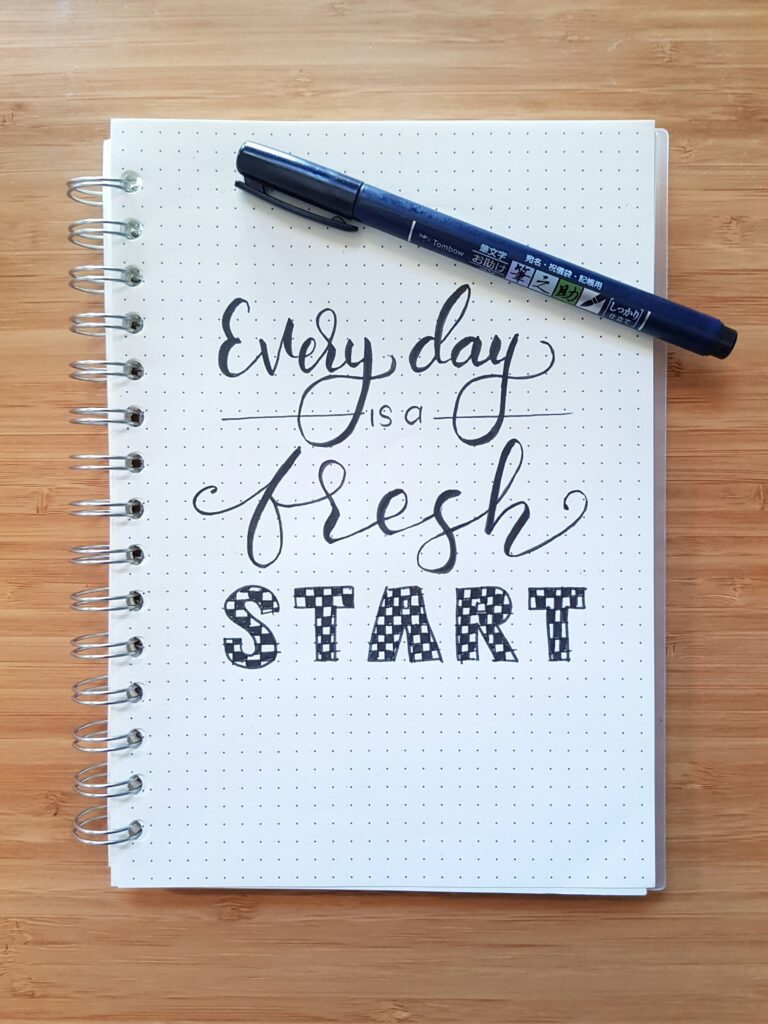Feeling guilty for craving alone time or prioritizing your needs? You’re not alone—and you have a valid reason for wanting to recharge. In a world that prizes “hustle,” family demands, and productivity, it’s tough to find time for yourself. It may even seem irresponsible. But the truth is, self-care isn’t a luxury or a sign of weakness. It’s essential for maintaining your energy, happiness, and ability to give to others.
Here’s a helpful guide to enjoying time for yourself without feeling guilty. Love every minute of it!
Why Self-Time Matters
-
Prevents Burnout: Taking time alone helps you relax, think, and stop stress from piling up.
-
Boosts Resilience: You gain more energy and patience. You also develop a positive outlook for your family, friends, and work.
-
Improves Health: Personal downtime improves sleep, lowers anxiety, and contributes to well-being.
Understanding the Guilt Trap
Guilt can sneak in for many reasons. It might come from societal expectations, family pressures, or old habits. These habits often tie our self-worth to constant giving. Remember:
-
Taking care of yourself is not taking away from others.
-
It’s okay to say no—even to things or people for whom you have strong feelings.
-
Your needs matter as much as anyone else’s.
Strategies for Guilt-Free Self-Time
1. Reframe self-care as a gift
 Reframe self-care as a gift
Reframe self-care as a gift
View your self-time as a way to replenish the energy you’ll share with others. The fuller your cup, the more you have to give.
Tell yourself: “Caring for myself allows me to care better for everyone I love.”
2. Start small and schedule it
 Start small and schedule it
Start small and schedule it
-
Block 10–15 minutes a day for yourself—no errands, no chores.
-
Put it on your calendar (and treat it as unbreakable as any important meeting).
3. Set Boundaries (and Practice Saying No)
 Set Boundaries (and Practice Saying No)
Set Boundaries (and Practice Saying No)
-
Communicate your need for solo time to your family or partner with complete honesty.
-
Use phrases like, “I need some quiet time so I can be at my best later.”
-
Saying “no” frees your energy for what matters most.
4. Choose activities that restore your energy
 Choose activities that restore your energy
Choose activities that restore your energy
-
Reading, walking, creative hobbies, listening to music, and meditation.
-
The best self-care isn’t about duties. It’s about activities that recharge you.
5. Drop the “All or Nothing” mentality
 Drop the “All or Nothing” mentality
Drop the “All or Nothing” mentality
Little breaks count: sip a quiet coffee in the morning, take five deep breaths in your car, or stroll after dinner. Every little pocket of “me time” adds up.
6. Practice Self-Compassion
 Practice Self-Compassion
Practice Self-Compassion
When guilt shows up, notice it—then remind yourself with kindness, “It’s okay to take care of myself. I deserve rest and joy, too.”
Practical Ideas for Fitting in Me-Time
-
Wake up 15 minutes earlier for peaceful solitude.
-
Delegate tasks at home—share the load.
-
Limit social media for real-world relaxation.
-
Use reminders: Set a daily phone alert called “Me-Time.”
Mix solo time with wellness. Listen to audiobooks as you walk. Practice yoga in your room. Journal before bed.
Dealing with pushback
If someone questions or resists your boundaries, stay calm and firm. You might say, “This time is important for my health, and I’m a better friend/partner/parent when I take care of myself.”
The people who love you will seek your well-being and happiness in the long run.
Final Thoughts
Making time for yourself isn’t indulgent—it’s your right and your responsibility. Release guilt, embrace boundaries, and fill your own cup so you can share more of your best self with the world. Start small, make it consistent, and celebrate every minute you reclaim for yourself.
You deserve that time—and so does everyone who benefits from your well-being.
If you liked these tips, share them with a friend who also needs to put themselves first!